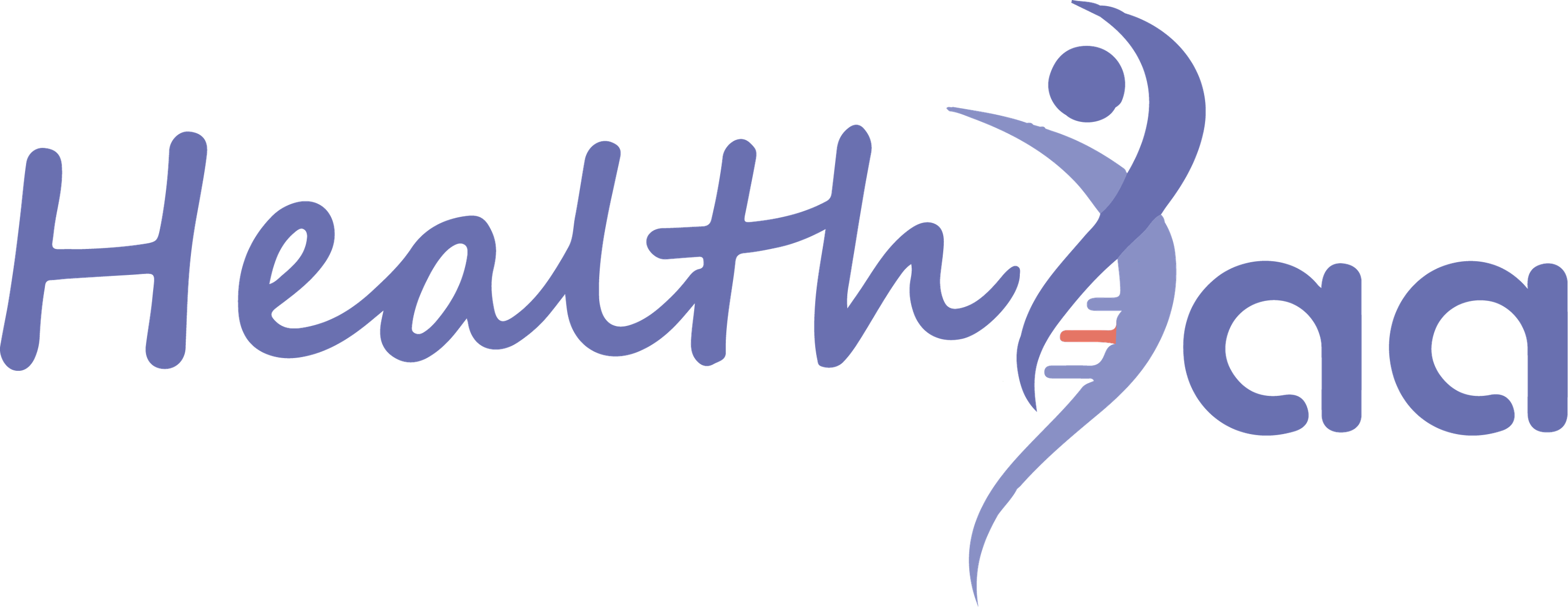What is BRCA Gene and Why is it Important?
The BRCA gene, short for breast cancer gene, is a type of tumor suppressor gene that helps to repair DNA and prevent the development of cancer cells. Everyone has two copies of the BRCA gene, one inherited from each parent.
Prevalence and Risk:
Mutations in the BRCA gene can increase an individual's risk of developing breast and ovarian cancer. These mutations are relatively rare, occurring in about 1 in 400 individuals in the general population. However, certain populations, such as individuals with Ashkenazi Jewish ancestry, have a higher prevalence of BRCA mutations.
The importance of the BRCA gene:
The importance of the BRCA gene lies in its role in cancer prevention. Individuals with BRCA mutations have a higher risk of developing breast and ovarian cancer compared to those without mutations. This increased risk can be significant, with some studies estimating that women with BRCA1 mutations have a 50-85% lifetime risk of developing breast cancer and a 15-40% lifetime risk of developing ovarian cancer.
If you are concerned about your risk of carrying a BRCA mutation, there are genetic testing options available. At HealthyAA, we offer BRCA genetic testing as part of our cancer risk assessment services. This testing can help identify individuals who may be at increased risk of developing breast or ovarian cancer, allowing them to take steps to reduce their risk.
Managing BRCA Mutation Risk:
If you are found to carry a BRCA mutation, there are options available to help manage your risk. These can include increased surveillance through regular cancer screenings, prophylactic surgery to remove the breasts or ovaries, and risk-reducing medications. Your healthcare provider can help you understand your options and develop a plan that is right for you.
Overall, the BRCA gene is an important factor to consider when it comes to cancer prevention. Understanding your risk and taking steps to manage it can help you take an active role in your health and well-being.
